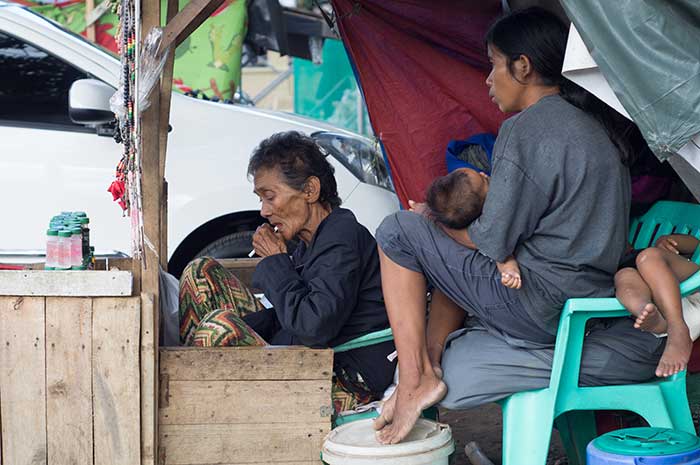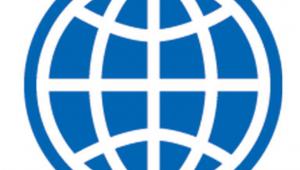poor_family_philippines.jpg

A family selling candles in the Philippines
The funds will cover about 7% of the total cost of implementing the programme, called Pantawid Pamilya, which delivers health and education grants to beneficiaries nationwide and is considered one of the largest and best-targeted social safety net programmes in the world.
Corazon Soliman, the Philippines’ Department of Social Welfare and Development secretary, said the support of partners like the World Bank means the programme can sustain its momentum towards reducing poverty and inequality.
The country’s flagship programme provides regular grants to 4 million of its poorest families and their 11 million children provided that parents send their children to school, visit health centres and attend family development sessions.
It aims to ensure children grow up healthy, stay in school and are better able to break out of the poverty trap. Under the programme, poor expectant mothers also receive regular health checks.
By targeting poor and vulnerable households the bank said the programme also helps protect them from the impact of economic shocks, natural disasters and other crises.
Recent studies show the programme has reduced the total poverty among its beneficiaries by up to 6.7%, while it is estimated to have reduced the poverty level nationwide by up to 1.4%.
Soliman also noted that enrolment among poor elementary school children has increased by 5% and by 7% for secondary education, prenatal and postnatal care has increased by 10% and the number of babies delivered in health facilities has increased by 20%.
Children’s intake of vitamin A and iron supplements has also increased by around 12% and the number of weight-monitoring visits to health facilities has increased by 18%.
As much as 82% of the benefits of the programme go to the poorest 40% of the Philippines’ population, making the programme one of the best-targeted in the world.
The World Bank said social safety net programmes based on cash transfers provide an “equitable foundation for growth that works for the poor” and that it is steadfast in its commitment and support for Pantawid Pamilya because of its contribution to reducing extreme poverty and inequality.
The Asian Development Bank also announced earlier this month that it would loan the Philippines $400m to help the government expand Pantawid Pamilya.













